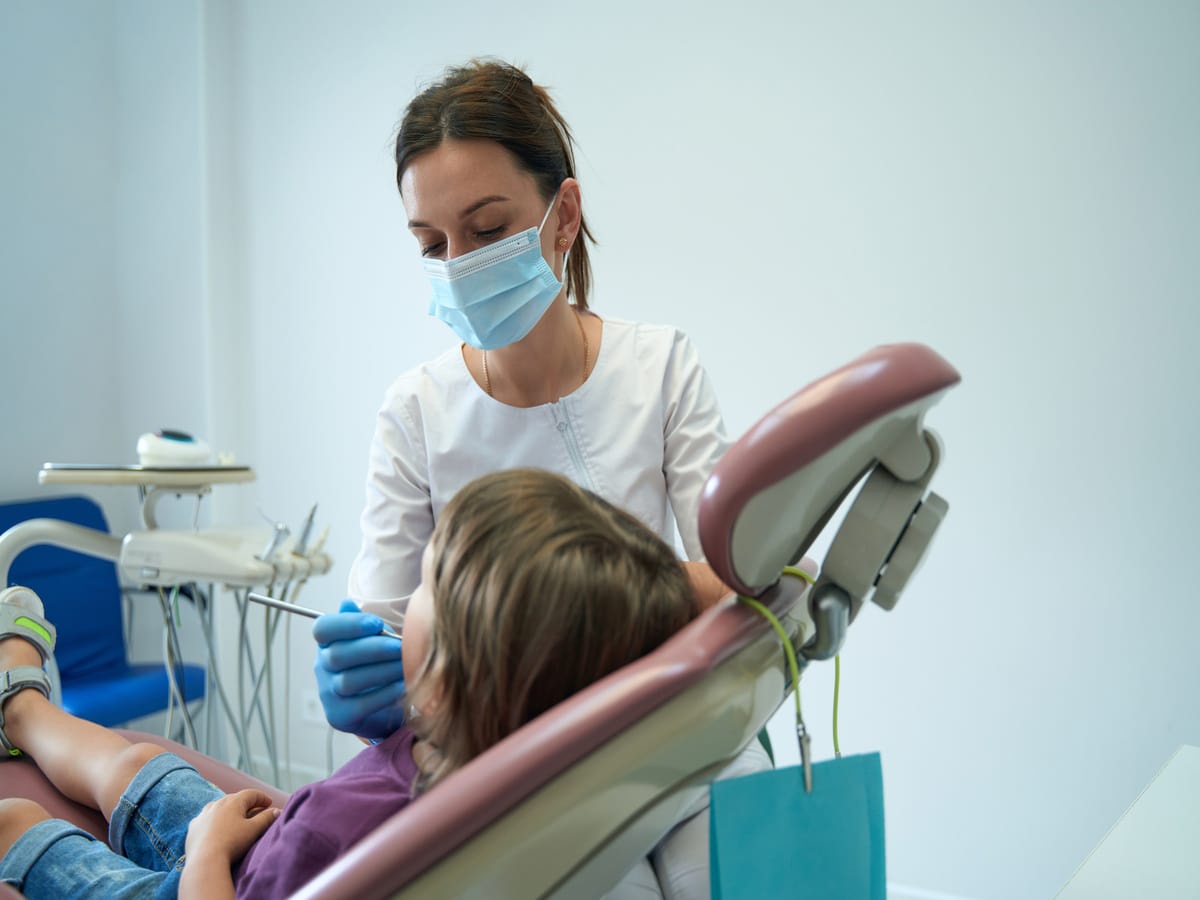Dental crowns for children are common procedures aimed at preserving and protecting primary teeth. While the idea of dental work may raise concerns for parents, understanding what to expect after a crown placement can help alleviate worries. One of the primary questions parents often have is, "Will my child be in pain after a crown?" In this article, we explore the typical post-crown placement experience for children, addressing potential discomfort and offering guidance on how to ensure a smooth recovery.
The Dental Crown Procedure: A Recap
Before delving into post-crown placement discomfort, it's essential to understand the dental crown procedure itself. Dental crowns are often recommended for children in cases of extensive tooth decay, fractures, or to protect weakened teeth. The process involves several steps:
- Tooth Preparation: The dentist begins by preparing the affected tooth, which may include removing decay or shaping the tooth to accommodate the crown.
- Impression: An impression of the prepared tooth is taken to create a custom-fitted crown.
- Temporary Crown: While the permanent crown is being fabricated, a temporary crown may be placed to protect the tooth.
- Crown Placement: Once the permanent crown is ready, it is bonded to the prepared tooth using dental cement.
Post-Crown Placement Discomfort: What's Normal?
It's natural for parents to be concerned about their child's comfort after a dental procedure. Here's what you can typically expect in terms of post-crown placement discomfort:
- Sensitivity: It is common for children to experience some sensitivity after a crown placement. This sensitivity may be to hot or cold temperatures and is generally temporary.
- Gum Discomfort: The gums around the treated tooth may feel slightly tender or sore. This discomfort is usually mild and should subside within a few days.
- Chewing Sensation: Your child might feel a different sensation when chewing initially. This is normal as they adjust to the new crown, and it should improve over a short period.
Managing Post-Crown Placement Discomfort: Tips for Parents
While some level of discomfort is normal, there are steps parents can take to help manage their child's post-crown placement experience:
- Over-the-Counter Pain Relief: If your child is experiencing mild discomfort, over-the-counter pain relievers like acetaminophen or ibuprofen (following the recommended dosage) can help alleviate pain and reduce inflammation.
- Soft Diet: Encourage your child to eat a soft diet initially to minimize chewing pressure on the newly crowned tooth. Opt for foods like yogurt, mashed potatoes, and smoothies.
- Maintain Oral Hygiene: Ensure that your child continues to maintain good oral hygiene, including gentle brushing and flossing. It's important to keep the area around the crown clean to prevent any complications.
- Avoid Sticky or Hard Foods: Steer clear of sticky or hard foods that could potentially dislodge or damage the crown. Encourage your child to avoid chewing on ice or hard candies.
- Follow Dentist's Instructions: Your child's dentist will provide specific post-procedure instructions. It's crucial to follow these guidelines carefully to promote a smooth recovery.
When to Consult the Dentist: Signs of Concern
While post-crown placement discomfort is usually temporary and manageable, there are instances where it's advisable to consult the dentist. If your child experiences any of the following signs, reaching out to the dentist is recommended:
- Severe or Prolonged Pain: If your child's discomfort is severe or persists beyond a few days, it's essential to seek guidance from the childrens dentist.
- Swelling or Redness: Any signs of swelling, redness, or discharge around the crowned tooth should be promptly addressed by the dentist.
- Crown Displacement: If the crown becomes loose, dislodged, or falls out, contact the dentist immediately. Do not attempt to reattach the crown yourself.
- Persistent Sensitivity: While some sensitivity is normal, if it persists or worsens over time, consult with the dentist to ensure there are no underlying issues.
Conclusion:
While it's natural for parents to be concerned about their child's comfort after a crown placement, understanding what to expect and taking proactive measures can contribute to a positive post-crown experience. Most children adjust well to the new crown, and any initial discomfort is typically temporary. Open communication with the dentist, following post-procedure instructions, and providing the necessary support at home can contribute to a smooth recovery and the continued well-being of your child's oral health.


No comments yet